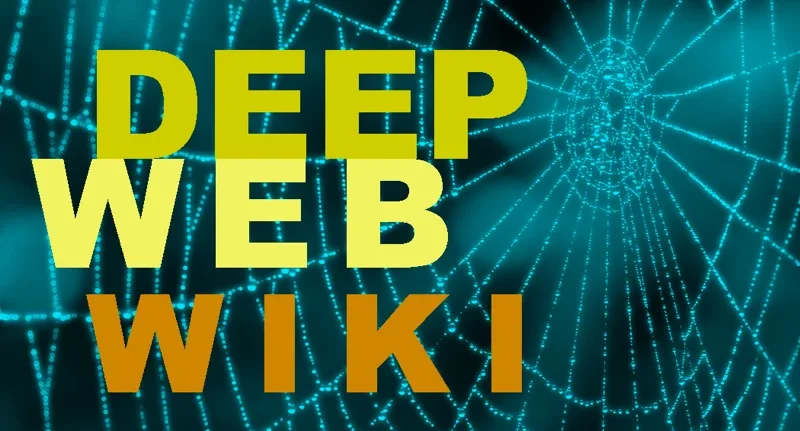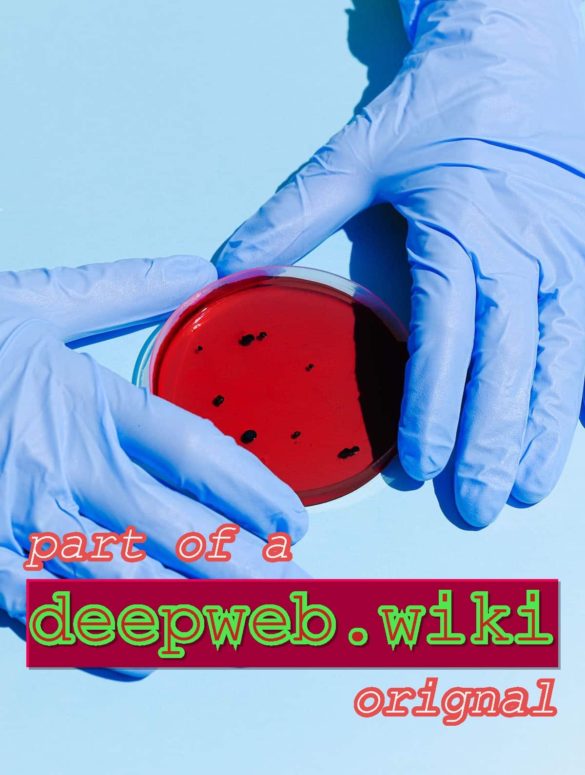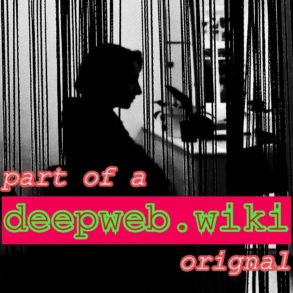How scammers work on the dark web
The dark web is often associated with cyber crime, including the sale of stolen data and malware, and the trade of other illegal goods such as drugs, weapons, and child pornography.
But for the most part, it is used for money laundering and the buying and selling of stolen data.
According to the UK’s National Crime Agency, data from the Symantec 2016 Internet Security Threat Report showed that the most targeted sectors in the UK were the financial sector, with business email compromise attacks; followed by the retail sector, with card-not-present (CNP) fraud; and then the telecoms sector, with phishing and vishing scams.
A report by the US-based cybersecurity firm Digital Shadows found that in 2015 more than $500m worth of data was stolen through cyber crime.
The report said that the dark web was a “breeding ground” for cyber crime.
“The dark web is a breeding ground for cyber crime, allowing cyber criminals to develop, test and market their products and services before emerging into the light of the mainstream internet,” the report said.
“In the aftermath of the [Celebgate] scandal, the dark web has become a haven for hacking crews and cyber criminals looking to develop, test and market their services.”
The dark web is not just a haven for cyber crime, but also for online fraud, according to a report produced by UK-based fraud prevention service Cifas.
The report said that the dark web was used to buy and sell stolen personal data, including social security numbers, bank account information and credit card details.
This data was then packaged and sold, generally through online marketplaces, to fraudsters who used the data to carry out identity fraud, including the creation of fake credit cards.
“The dark web is a particularly attractive marketplace for cyber criminals because it allows them to remain anonymous and avoid the scrutiny of law enforcement agencies and established fraud prevention systems,” the report said.
The dark web – a quick guide The dark web is a section of the internet that is not indexed by search engines such as Google, and not easily navigated to using a standard web browser. Accessing the dark web requires specialised knowledge and software tools. An example of this is content only accessible by using the Tor software and anonymity network, which while protecting privacy, is often associated with illicit activities.










